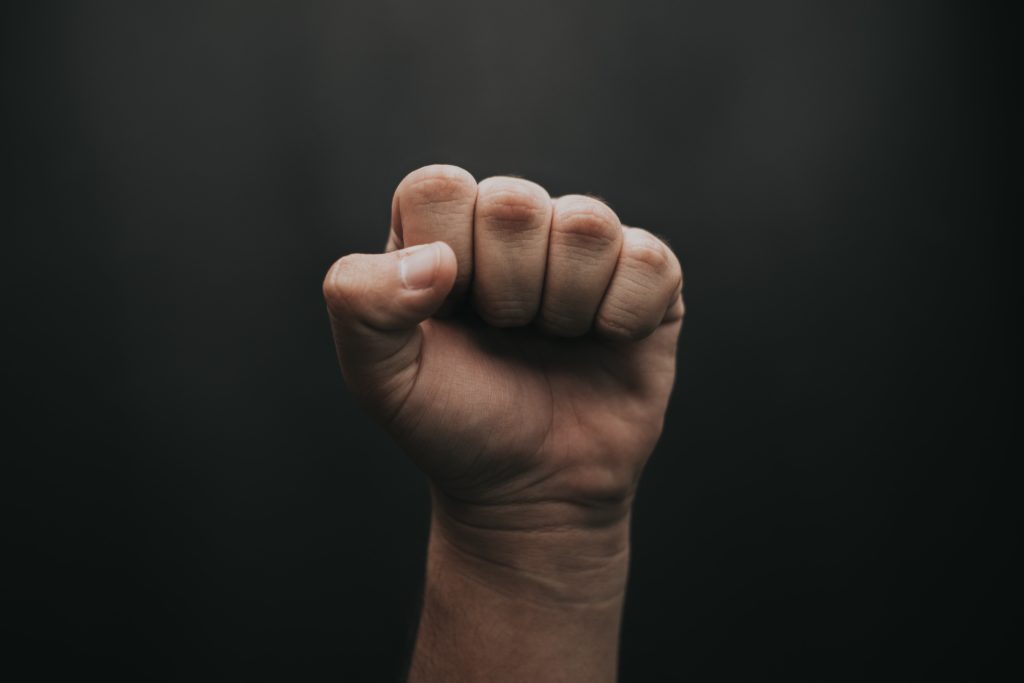
He has told you, O man, what is good;
And what does the Lord require of you
But to do justice, to love mercy,
And to walk humbly with your God? (Mic 6.8)
Do justice.
Justice is one of those things that’s hard to define. I suspect that’s because there are lots of situations where we have trouble coming up with the right response, but we know instinctively when the right thing hasn’t been done.
- Can we right the deep wrong of the American practice of slavery by doing something today? Well-intentioned people will argue all day about how to do that.
- But the family that poured their life savings and sweat equity into a small business only to have it burned to the ground by rioters? That’s just not right.
The core of our problem in defining justice is that we are broken people living in a broken world. Human culture is indeed systemically defective, and our evaluations of the resulting problems, as well as our proposed solutions, are broken as well because our moral compasses don’t point north, and our logical processes can’t be trusted as authoritative.
How then are we to do justice?
In the mists of the past some old saint once observed that “what God orders, he pays for.” The words aren’t directly biblical, but the thought surely is. In the broadest sense, an omnipotent God will certainly accomplish all his holy will, or his Son wouldn’t have instructed us to pray, “Thy will be done, on earth as it is in heaven” (Mt 6.10; Lk 11.2). As to the specific issue of justice, Peter assures us that God’s “divine power has granted to us everything pertaining to life and godliness” (2P 1.3)—an astonishing truth indeed. On the individual level, certainly, the believer can expect that God will enlighten and enable him to do whatever God has commanded. Including Justice.
But how?
Peter’s sentence continues: “through the true knowledge of Him who called us by His own glory and excellence.”
The better we know God, the more clearly we’ll understand justice, and the more accurately we’ll be able to apply it.
How do we get to know God?
We dive into its deep waters, and we spend time there, soaking, swimming, observing, immersed in truth and seeking the pearls that are certainly there. Over time, we begin to think the way God teaches us to think, to love what he loves and to hate what he hates. We begin not only to see with clarity that a given situation “just isn’t right,” but to see how it can best be remedied in ways consistent with God’s.
The longer I live, the more I’m inclined to think that justice is not most effectively imposed from the top down, or the outside in. You can tell people that racial discrimination, for example, is wrong, and you can make laws against it, but people inclined to engage in racial discrimination will find ways to do it out of public view, ways that can’t be effectively prosecuted. And what do you call it when lots of people like that live together?
You call that systemic racism.
Laws can’t fix that. Of course societies should seek to make injustice difficult, and laws are a part of that. But they can’t fix the underlying problem.
This old guy has come to believe that justice—real, lasting justice—has to come from the inside out. It has to come from the heart, from individual people who are determined to want justice and to act within their sphere of influence to do justly and to encourage others to do the same.
In other words, to follow the biblical pattern: regenerated sinners, indwelt by the Spirit of God, illuminated to understand His Word, and imbued with that Word by long hours of study and meditation, begin to think about justice as God thinks, consequently seeing the wrong and seeing the path to making it right.
Doing justly, one person, one home, one block, one neighborhood at a time.
Until the day when “justice rolls down like waters, and righteousness like a mighty stream” (Am 5.24).
Part 3: Mercy | Part 4: A Humble Walk
Photo by Luis Quintero on Unsplash

Leave a reply. Keep it clean.